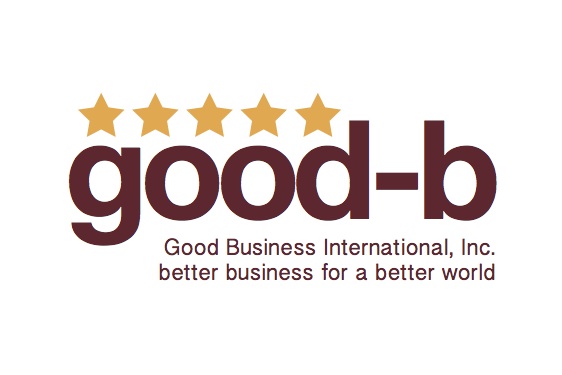The Giving Pledge: A New Social Conscience
Social Economics
Aug 3, 2010 11:25 AM ET
Something remarkable happened in the world of the richest men on earth. Bill Gates and Warren Buffet, who dedicated most of their lives to accumulating as much wealth as possible, decided to give nearly all of it away - in their lifetimes. Why? To help those who cannot help themselves. And even more than that, they have asked their peers to do the same (the Giving Pledge) – give it all away. If you don’t see this as unusual, think again. This act represents one of the most extraordinary moments in global economic history.
Rich men (I am leaving women out purposely) do not give their money away easily. After all, it represents their life’s work. Their wealth supports their egos, power and position in the top levels of gazillionaire moguls. We imagine a secret society of power players divvying up the world’s wealth for themselves with no regard for those without. When you give your money away, you give your power away too. It’s emasculating. Male virility shrinks with one’s portfolio. Big swinging….well, you know the rest. So why would the world’s two richest men give it away? It boils down to an evolving sense of social conscience – the deep belief in individual responsibility to help relieve human suffering. Perhaps we all have this mandate to some degree. We call it charity, tithing, philanthropy. Yet social conscience goes beyond those traditional labels to the depths of our being. We are not simply writing a check for a “good cause” or attending a gala with our social set. We are investing ourselves in creating a better world. The innovative David Miller, who heads up Princeton University’s Faith and Work Initiative, writes, “We all have greater capacity than we realize to live lives of radical generosity. We can do it with our time, treasures, and talent.” The new giving pledge is a part of our consciousness. We give, because we must. However humble, all of us can affect someone else’s life in a positive way through kindness, compassion and generosity—not for the kudos, but for the personal satisfaction of knowing we are part of a giving (not taking) world. Beyond Noblesse Oblige Commitment to philanthropy is nothing new. Noblesse Oblige has dictated that wealth and privilege requires the responsibility to serve society. No one embodies this more than the UK’s Queen Elizabeth II. In modern monarchal systems supported by the taxpaying public, royals know the part they play in balancing the scales of privilege—lest they lose their heads. Modern royals have given moguls a model for social responsibility. We have come to a moment in the evolution of humankind where we recognize that each of us has co-created the world we live in—the good, the bad and the ugly. Each of us is responsible for the state of our fellow inhabitants. Each of us has the power to change our world to a more caring place. Apathy is a direct act. If we do nothing; we are part of the problem. It is a clear statement of “I accept all that is and will make no effort to change it.” For those of us like myself, who do not, cannot, will not, accept all that is—we are called to fight. Like spiritual warriors, we charge into the Battle for Goodness. It is our mission to usher in the change that we know, as consciously evolved human beings, is our purpose here on earth. In the fight against the ugliness of gluttony and the violence of greed, compassion is our sword. Arm yourselves and get ready for battle. Contrary to outdated beliefs, compassion is not weak. It represents love and love is the strongest force in the universe. It is the very essence of what we live and die for. It takes great courage to love in an unloving world, great courage to show compassion in a culture that reveres aggression, great courage to stand up to destructive forces of power and say: Enough! You have had your time at the top. We are taking our world back. Only the strongest among us can do this. It requires us to push through the status quo of who has more, and those that want only more for themselves. It forces us to not play both sides by catering to the self-serving while claiming concern for humanity, or placing self-interest above social conscience. Love inspires us to recognize that we are indeed at war—with corruption, greed, injustice and the brutal inhumanity of top down economics. If we say yes to social responsibility, we are saying yes to the fight for Goodness and the hope of transforming humanity from a culture of hate and selfishness to one of compassion and community. All of this brings me back to the Giving Pledge and the example of two business titans, Gates and Buffet, who are galvanizing the troops to create a better world for us all. It is a giant leap forward in the evolution of human civilization for power and privilege to finally join the Fight on the side of Good. ©2010 – All Rights Reserved Monika Mitchell - Executive Director The Economy of Trust Blog
